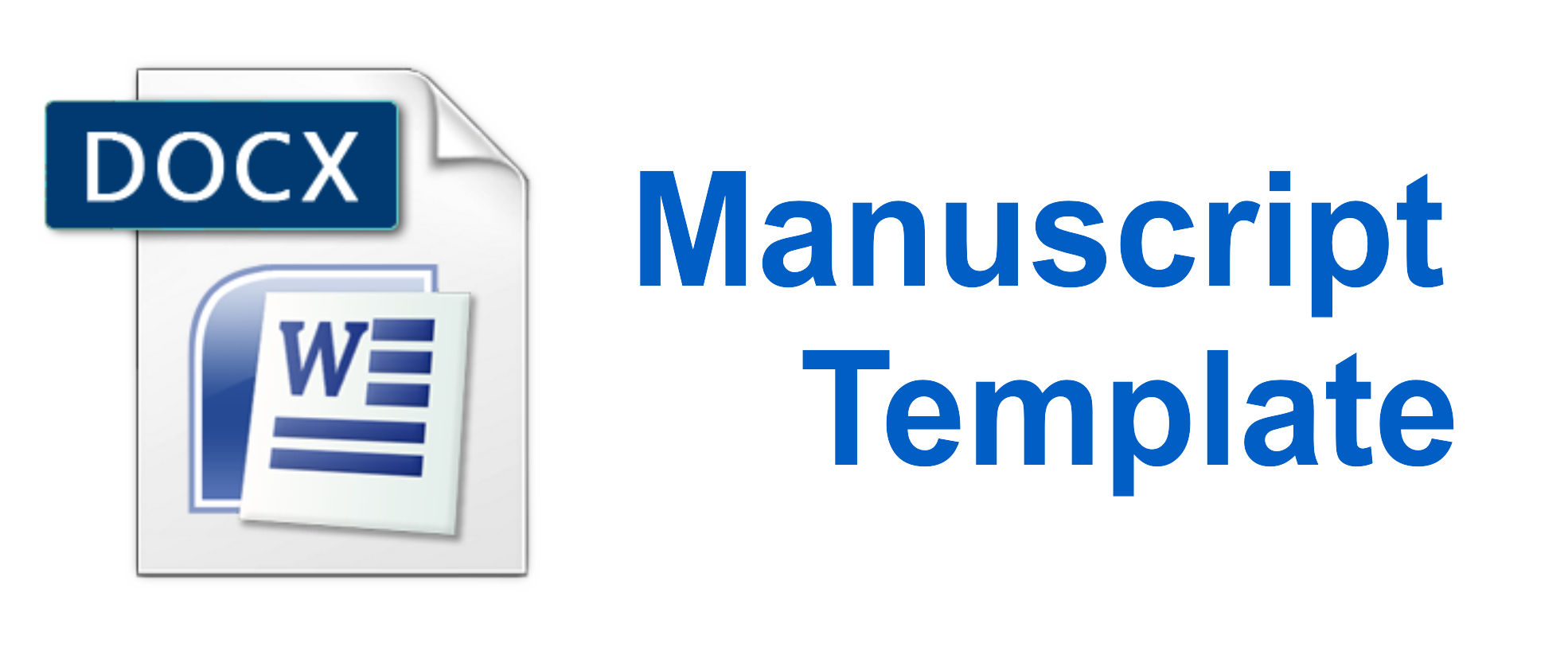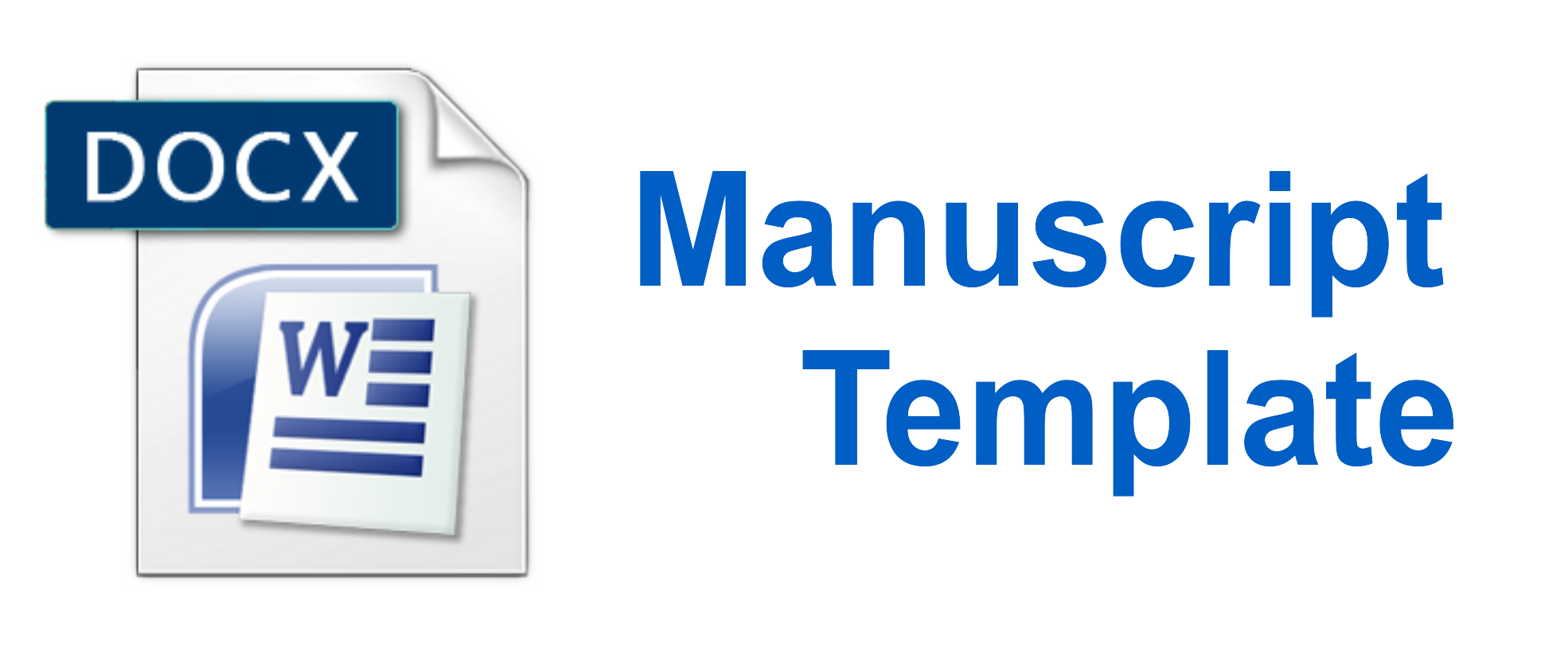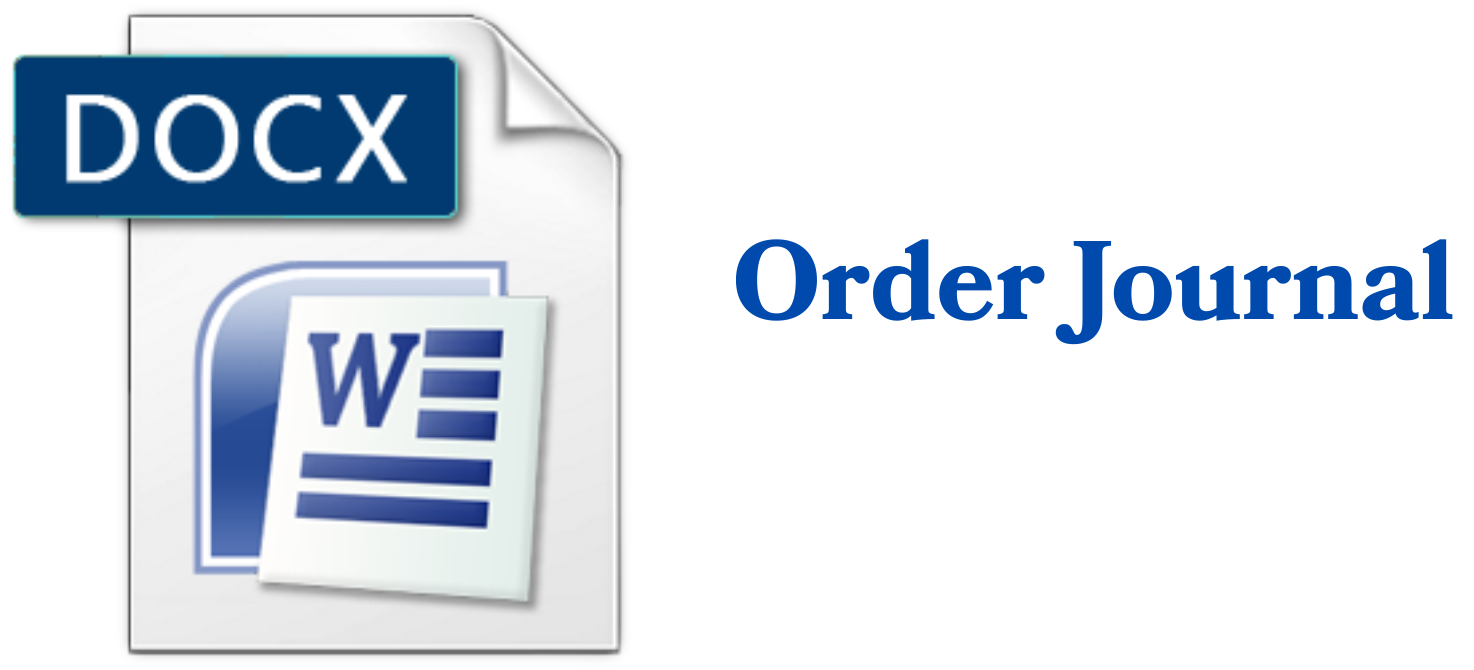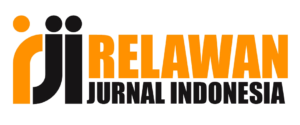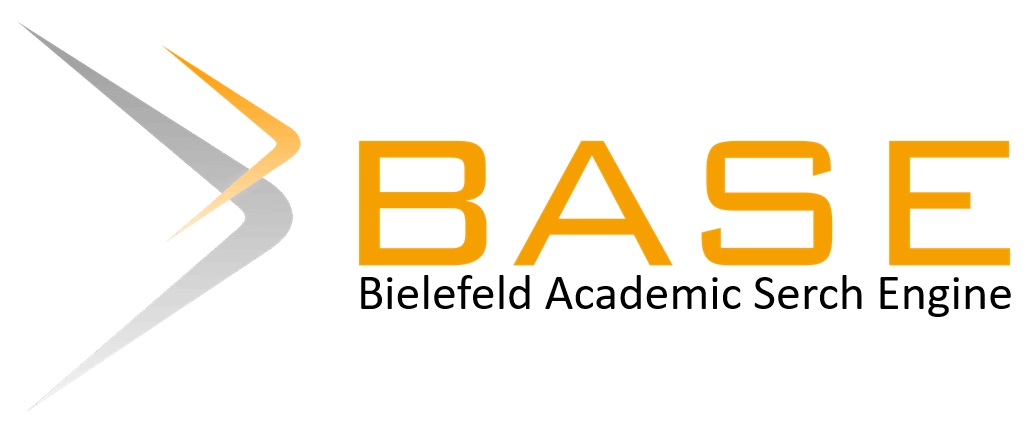UPAYA MENINGKATKAN KUALITAS PENDIDIKAN AGAMA ISLAM DI INDONESIA DALAM MEWUJUDKAN PROGRAM SUSTAINABLE DEVELOPMENT GOALS (SDGS)
DOI:
https://doi.org/10.35316/edupedia.v7i2.2513Keywords:
Islamic religious education, SDG's, quality of educationAbstract
The purpose of this research is to examine the importance of efforts to improve the quality of education in Indonesia, especially Islamic education, which is considered to be of poor quality. The research method used is a qualitative method with a literature review and a descriptive method is used. The data in this study were obtained from the results of literature reviews obtained from journals and articles. This study shows that the situation of education in Indonesia, especially Islamic education, is still at an alarming level. This shows the uneven quality of education between urban and rural communities, the lack of professionalism and capacity of the teaching staff, the hours of PAI which are limited to only 2 hours per week, followed by a teaching orientation that only focuses on students' cognitive aspects, as well as monotonous teaching methods which have an impact on the low quality of Islamic education in Indonesia. Therefore, special efforts and strategies are needed to improve the quality of Islamic education in Indonesia in order to realize the SDGs, namely quality, equitable education and lifelong learning opportunities for all ages. Build public trust in Islamic education, design curricula according to community needs, produce highly competitive graduates with tiered facilities and infrastructure, as well as increase and improve competitiveness through proven science and technology. Teachers and teaching staff, using a technology teaching environment, are using digital libraries.
Downloads
Published
How to Cite
Issue
Section
License
Edupedia: Jurnal Studi Pendidikan dan Pedagogi Islam adopts the Creative Commons Attribution–ShareAlike 4.0 International License, which allows users to reproduce, modify, and distribute published articles in any medium for lawful purposes, provided that appropriate attribution is given to the original author(s) and the journal, the license is properly cited, any changes are clearly indicated, and derivative works are distributed under identical licensing terms.
Upon publication in Jurnal Kesehatan Vokasional, authors confer to third parties the rights to use their articles in compliance with the Creative Commons Attribution–ShareAlike 4.0 International License.
Copyright on articles is retained by the respective author(s), without restrictions. A non-exclusive license is granted to Edupedia: Jurnal Studi Pendidikan dan Pedagogi Islam to publish the article and identify itself as its original publisher, along with the commercial right to include the article in a hardcopy issue for sale to libraries and individuals.
![]()



